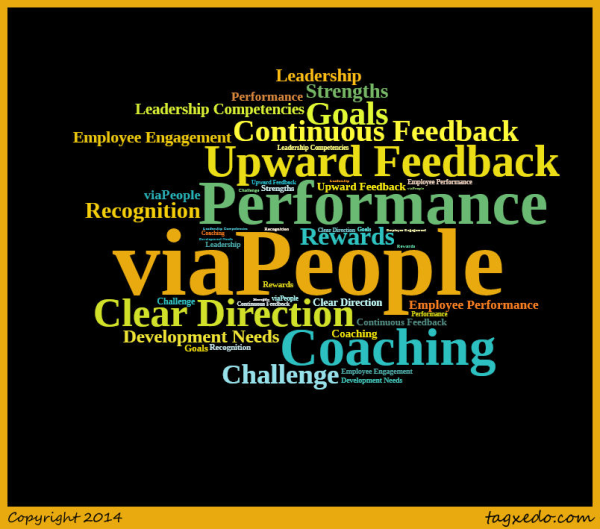How to Implement Upward Feedback in the Performance Appraisal Process
Integrating upward feedback into the performance appraisal process can transform the traditional review process. In a re …
Benefits of the 90 Day Performance Review
The 90 day performance review is conducted by many organizations after an employee (new hire or transferred employee) st …
Improve Performance Appraisals With Upward Feedback
Traditional performance appraisals that simply rely on manager ratings tend to focus on outcomes or individual achieveme …
How Performance Reviews Shape Your Relationship With Your Employees
Annual performance reviews are typically viewed as a dreaded business activity and for good reason. When employee perfor …
7 Tips for Getting the Most Out of Your 360 Degree Feedback Process
Improve Your Leadership Skills Through 360 Degree Feedback Research has consistently shown that the receipt of 360 degre …
Leadership Competencies Impact Employee Performance - Making the Connection
Leaders Should Engage to Retain and Drive Employee Performance According to a recent survey conducted by Right Managemen …
Personalized Performance Goals Drive Employee Engagement & Exceptional Performance
Setting goals is not just about documenting what we are hoping to accomplish so that we can measure against it later. Go …
4 Benefits of Using Peer Appraisal in Employee Performance Reviews
Peer Review Enhances Traditional Performance Appraisal One of the many strategies that organizations are using to enhanc …
5 Ways to Take the 'Creep' Out of Employee Performance Ratings
One of the countless complaints about performance reviews is that performance ratings are inaccurate. Whether an organiz …
Replacement Planning or Succession Planning? The Perfect Combination
Succession planning and replacement planning are both strategies that are incredibly important to the lifeline of any or …










